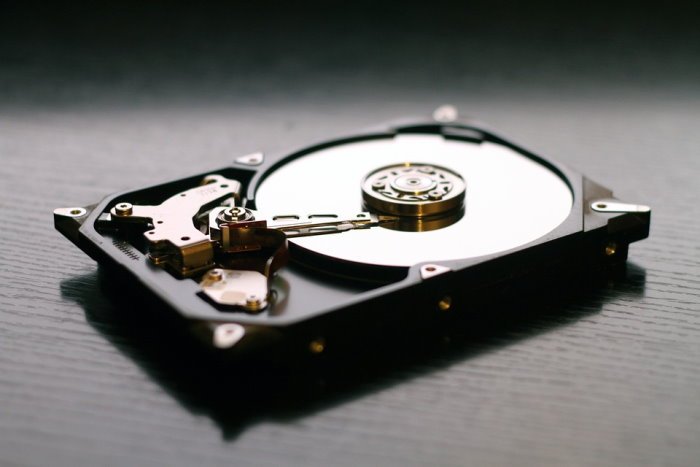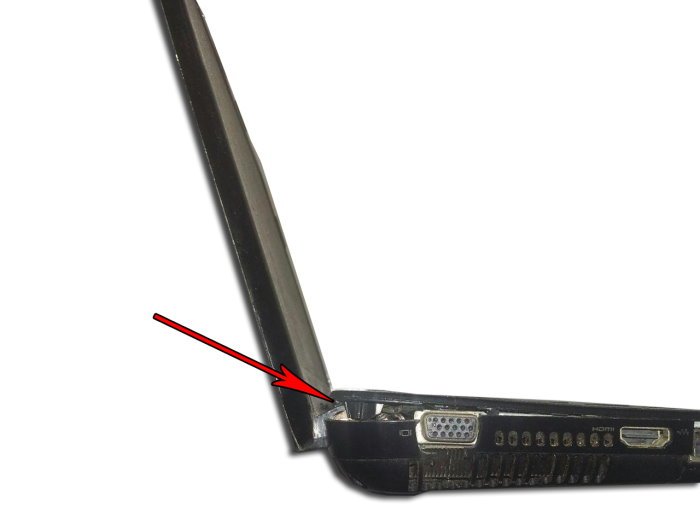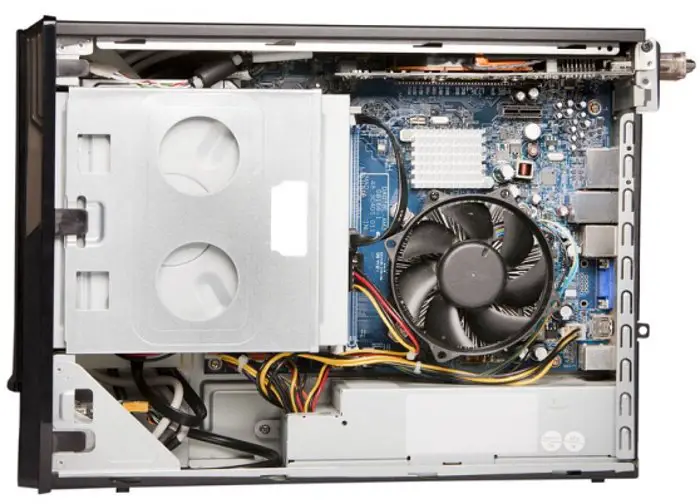PCs like everything else will have a lifespan. No matter what the price of a PC or how you treat it, PCs will crash or die after a while. In most cases, there are signs that you will see before the PC crashes or dies. Usually, a broken PC is a sign that a component or the entire PC will soon die if action is not taken.
In some cases, nothing can be done because the component has reached the end of its service life. Technically, not all PCs die, but all components are necessary, so it may just have to shut down until damaged components are repaired or replaced. In other cases, it is better to replace the entire PC than to replace or repair a component.
There are signs that if neglected, they will eventually cause the death of the PC. It’s like ignoring a problem in your car and it ends up becoming a much bigger problem.
When PCs crash, they are usually sudden and usually take a little time or work to back them up, usually data can be lost. In some cases, they must be replaced rather than repaired. The best thing to do is try to minimize crashes or minimize data loss as much as possible.
Warning signs that your PC will crash or die
Here are some things that indicate that your Windows PC will crash or die:
- Constant overheating (cooling system failure)
- Occasional startup errors
- Noisy hard drive
- PC becomes slower
- An unusual number of pop-ups
- Random files or programs are corrupted
- Color flashes or changes screen
- Loss of function in webcam, microphone, wireless receiver (laptop)
- Squeaking hinges or opening the case on the sides.
You may experience one or more of these signs at any given time. These are warning signs that something is happening. It might not happen right away, but PCs sometimes crash at the most critical point. If you experience one or more of these signs, take steps to prevent your PC from crashing or dying. Although your PC inevitably crashes or dies at some point, it doesn’t have to take all of your information with it. It is extremely important to back up important files to avoid any loss.
1]Constant overheating
When you buy a new PC, whether it’s a desktop or a laptop, you’ll notice that it works very quietly. Over time, you will begin to hear the cooling fan. This is due to certain things that happen with the aging of the PC. The fan is clogged with dust and lint, the fan bearings wear out and the PC heats up more than normal.
Heat is a natural result of movement and treatment; a PC will heat up while it is running. Depending on the overall heat of the environment, the PC will be warmer or colder. The heat of the PC will also depend on the clarity of the vents. A PC’s processor usually gets extremely hot, so a heat sink is placed on it with a copper tube and a fan in place to keep the heat away. Sometimes a thermal paste is placed between the heat sink and the processor. The vents may be blocked and the thermal paste may have dried. There may be an excess of dust and lint blocking the air flow or causing the cooling fan to malfunction, causing the cooling system to fail.
This failure of the cooling system can cause stops or prevent starting. Some PCs are designed to crash in order to avoid permanent damage to the system if they start to overheat. Constant high heat will eventually cause PC components to fail, causing it to crash and causing data loss.
Lily: Tips for physically cleaning your Windows computer.
2]Occasional startup errors
Occasional startup errors when trying to start a PC are a sign that a component is not functioning properly and that the PC will eventually hang. Hardware or software problems may be causing these startup errors.
A failure or obstruction of the cooling fan may cause a priming error. Boot errors can be a sign that the hard drive is not functioning properly and could be near the end of its life. A startup error can also be a sign that Windows has become corrupt and requires a fresh installation. A hard drive failure requires a new hard drive and a reinstall of Windows. If Windows files are corrupted, this will require a fresh installation of Windows.
3]Noisy hard drive

Mechanical hard drives tend to wear out due to all moving parts. Sounds like clicking or squeaking are sounds that indicate that the hard drive is dying. The rattling and grinding noises indicate a mechanical problem with the chainring or the motor, which will eventually break down completely and will no longer work. Whirring noises are a little more difficult to detect because they are not as loud as the rattling or squeaking noise. These sounds indicate that the hard drive is having trouble writing data to the drive efficiently. This could indicate that the board has developed bad sections or that the lens is no longer able to write smoothly.
4]PC becomes slower
Your PC may become slower for many reasons and some of these reasons may be software related. Unused software can take up valuable space on your hard drive. As the hard drive becomes full, it becomes more and more difficult to write data. If the hard drive is full, it will stop working. Delete unnecessary files, clean up old files, and back up software and other files from the hard drive to free up space.
Lily: How to protect your computer against power outages and surges?
5]Unusual number of pop-ups
Failure to protect yourself online can expose your computer to many threats. The Internet is full of malicious ads that are sometimes adware. Modern adware has become so advanced that you don’t even have to click on it to get infected, just open the page. Adware and other malware involves many different spyware programs that run in the background and can overwhelm a PC, which can cause it to crash. You may get an unusual number of pop-up windows that make it difficult to use the PC, which eventually results in the PC freezing.
6]Random files or programs are corrupted
Over time, some files or programs will become corrupt. However, without backup, these files or programs will be lost. There can be many reasons for files to be corrupted, including the inability of the hardware to store data accurately, power problems, sudden or unexpected shutdowns, faulty software, or viruses. Most of these problems are caused by underlying problems and should be investigated to avoid future data loss.
Lily: Items that can damage your computer and shorten its life.
7]Color flashes or changes screen
Whenever there are color flashes on the screen or color changes, there is a problem.
In a desktop PC, this could be a simple problem in the VGA cable and can be resolved with a simple change of cable. It could also mean that the video card or video card slot is developing a problem, this could be a more expensive solution.
In a laptop, this could also lead to problems connecting the video card, whether on the motherboard or the monitor. In a laptop, it usually costs more to repair. It could also mean that the motherboard has a defect such as the honeycomb and may need to be replaced.
This problem could result from an aging PC and could have been inevitable. This problem can also be due to improper handling of the PC. This could have been caused by lifting the laptop by the screen, closing it while an object is on the keyboard, dropping or bending the screen too far back.
In a desktop computer, this may be due to improper plugging or unplugging of the VGA cable which can damage the VGA cable or card.
Lily: How to keep your motherboard clean and protected?
8]Loss of function in webcam, microphone, wireless receiver
Losing the function of some devices on a PC can be the first sign that the PC will crash or die. When devices such as webcams, microphone, and wireless receivers on your PC start to malfunction, it could mean they have software or hardware problems. The software may become corrupt, which indicates underlying issues.
Equipment may malfunction due to physical problems or prolonged high heat and dust. In a laptop, the webcam, microphone and sometimes wireless receiver are connected to the motherboard and work up to the monitor. When these fail, it may mean that there is a problem with the monitor and that it will eventually malfunction. This can be particularly devastating as the laptop will be useless until repaired, or an external monitor will be connected. This problem can be caused by lifting the laptop by the monitor or folding it more than it should be.
9]Squeaking hinges or side opening of case
 The cracking of the hinges is an often overlooked problem found in laptops, not desktop computers. The squeak is mainly due to hinges that are too tight. This will affect some models of laptop cases more than others. The hinges creak during opening and closing and can possibly loosen the screws that hold the upper and lower parts of the housing together. The hinges will then push back the video connection and the monitor power connection and could break these delicate wires.
The cracking of the hinges is an often overlooked problem found in laptops, not desktop computers. The squeak is mainly due to hinges that are too tight. This will affect some models of laptop cases more than others. The hinges creak during opening and closing and can possibly loosen the screws that hold the upper and lower parts of the housing together. The hinges will then push back the video connection and the monitor power connection and could break these delicate wires.
This deformation can also cause cracking and deformation of the case or the opening of the sides. this opening will cause an excessive supply of dust and other objects. Warping of the case may obstruct the ventilation fan, causing a malfunction. This can cause little or no cooling, and then permanent damage to the laptop. If there is a creak when opening or closing the laptop cover, or if it is abnormally tight, try loosening it a little.
PCs rarely crash or die without warning signs. The best PC will eventually crash or die at some point. You can practice proper maintenance and handling of your PC to extend the life of your PC. When a PC breaks down or dies, sometimes the loss of data stored there is the most difficult loss.
To avoid data loss, it is best to back up regularly. It is important to understand and take action when there are warning signs to preserve data and the computer. Note that a broken or dying computer is sometimes linked to the way it is maintained and not to its age.

